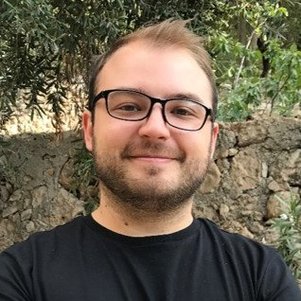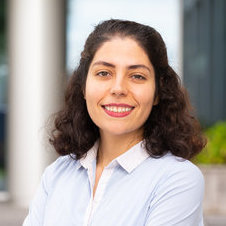Sorin Bunea and Rose Sharifian are awarded a Faculty of Impact grant from NWO
Of all scientific discoveries, only a small part reaches the market. In many cases, this is due to a lack of experience and knowledge needed to set up a commercial organisation. The Faculty of Impact was founded to ensure that scientific research is also used to tackle social issues and realise economic growth. Ten candidates will start in the unique first batch of Faculty of Impact, an initiative of the Dutch Universities, Techleap and the Netherlands Research Council (NWO).
Within the Faculty of Impact, the ten selected researchers with entrepreneurial ambitions will receive two years of intensive and personal guidance from experts in the field of entrepreneurship, intellectual property and investments. During this period, they will retain (or be granted) an appointment at their own university, but will be exempt from administrative and teaching obligations. This gives them time and space to concentrate on bringing their invention to the market.
A festive kick-off takes place on 31 May during TEKNOWLOGY 2022. Register yourself using the button below.
Sorin Bunea - Sustainable ammonia production powered by renewable electricity
We recently invented a continuous electrochemical process to produce ammonia from gaseous nitric oxide very efficiently. This project aims at demonstrating the technology under commercially-relevant conditions, evaluating economic viability and developing future solutions for decentralised and CO2 emission-free production processes of ammonia. Ammonia is the primary ingredient for fertilisers and a promising liquid substance for converting energy. We will study the effects of feed composition, materials, process stability and scale-up feasibility, and perform a thorough techno-economic analysis.
Rose Sharifian - SeaO2: turning carbon capture from seawater into business
To limit climate change, CO2 capture from the environment is inevitable. Electrochemical CO2 capture methods have high potential thanks to their green chemistry and their native fit in a transition towards renewable electricity. Among these methods, using bipolar membrane electrodialysis (BPMED) for carbon capture from the ocean is particularly promising, as it does not produce or require any harmful chemicals, needs no regeneration and because our profound experience allows us to rapidly upscale this process. The capture products, CO2 and/or calcium carbonate, can serve as green feedstock in the food industry, greenhouses, synthetic fuels, etc, and can thereby contribute to a circular carbon economy.

